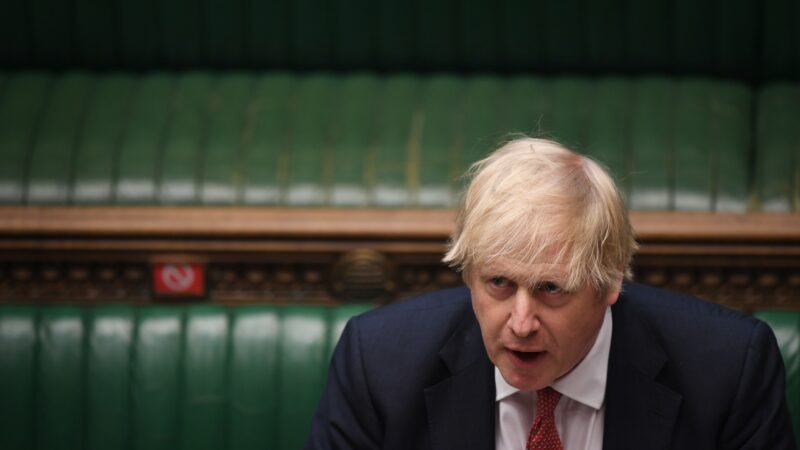
Boris Johnson has been warned that his government’s planned increase in National Insurance contributions, which is set to see the tax rise by 1.25 percentage points in April, will exacerbate already rapid inflation and threaten jobs.
Survey data released by the Institute of Directors this morning suggested that businesses would respond to the National Insurance contributions (NICs) rise by passing on the burden to customers by raising prices and hiring fewer staff.
Around 500 firms participated in the research. 38% said they would “raise prices to offset some or all of the cost” in response to the tax increase. 19% reported to the Institute of Directors that they would “employ fewer people”.
Labour has urged Conservative ministers to rethink the decision and said that a Labour government would not be going ahead with the tax hike. Pat McFadden argued on Saturday that the government is “whacking up business and working people’s taxes at the worst possible time”.
“People are already feeling the crunch from cost of living, but the triple whammy of an imminent rise in the energy price cap, real wages falling and Tory tax rises coming down the tracks are going to make this crisis even worse,” Labour’s Shadow Chief Secretary to the Treasury added.
“Unlike the Conservatives, Labour would give families security with fully-funded measures now to keep energy bills low, paid for by a windfall tax on North Sea oil and gas producer profits.”
Earlier this month, Rachel Reeves set out Labour’s plans to mitigate high energy prices. The included introducing a VAT cut and a windfall tax, and long-term measures for wider reform. The party said this would save most households £200.
The Prime Minister refused, seven times, to answer questions about whether the NICs increase could be ditched in an interview today. “What we’ve got to do is look at all the ways we can address cost of living,” he told journalists.
“All we can do to address the cost-of-living issues for people, it’s the cost of fuel. It’s making sure we deal with inflation by getting people into work, dealing with problems in the supply chains, getting people off welfare into work helping to get our economy moving smoothly again.”
Johnson is also facing opposition from within his own party. Tory MP David Davis told BBC Radio 4’s Today programme this morning that the decision to raise NICs was made on “quite a lot of wrong data”, calling for a rethink on the move.
“[Ministers] didn’t know at the time that by April we would have the highest inflation rate in 30 years, they didn’t know that interest rates would be going up, council tax would be going up, the fuel price is about to jump by £700 a year for the average family. Therefore they didn’t know quite what pressure there would be on ordinary people,” he said.
Inflation rose at the fastest rate since September 2011 in November last year, hitting 5.1% – up from 4.2% in October. Labour described it as a “stark illustration of the cost of living crisis” and warned of “price crunches”.
The rate of inflation is forecast to peak at 6% in spring this year. The Resolution Foundation said earlier this month that households are facing a “cost-of-living catastrophe” when, alongside raising of the energy price cap, NICs rise.
The think tank said the cap on energy bills is expected to rise by around £500 a year while the cost of energy firm failures could add another £100 to consumer bills, and that extra costs will disproportionately affect low-income households.
The organisation also predicted that the freeze to income-tax thresholds, announced last year, and the increase of 1.25 percentage points on personal NICs would lead to people losing an average of £600 a year
The foundation also forecasted that wage rises would not keep pace with inflation this year and that, by the final three months of 2022, average real pay will be just 0.1% higher than it was at the start of the year.




More from LabourList
‘Tackling poverty should be the legacy of Keir Starmer’s government’
‘The High Court judgment brings more uncertainty for the trans community’
‘There are good and bad businesses. Labour needs to be able to explain the difference’